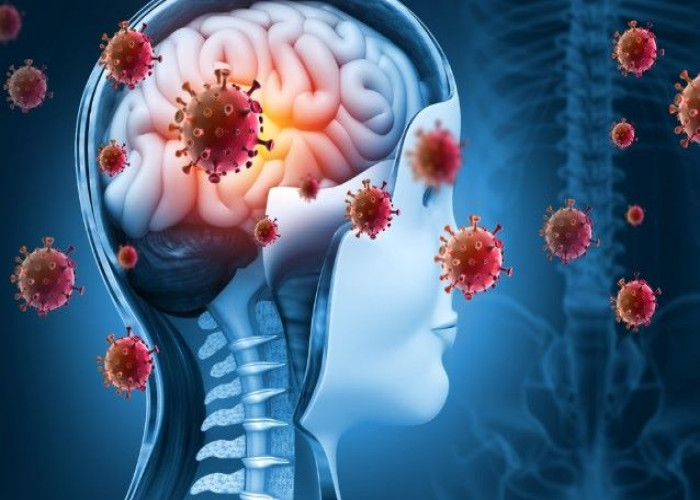 Welcome
Welcome
“May all be happy, may all be healed, may all be at peace and may no one ever suffer."
Encephalitis
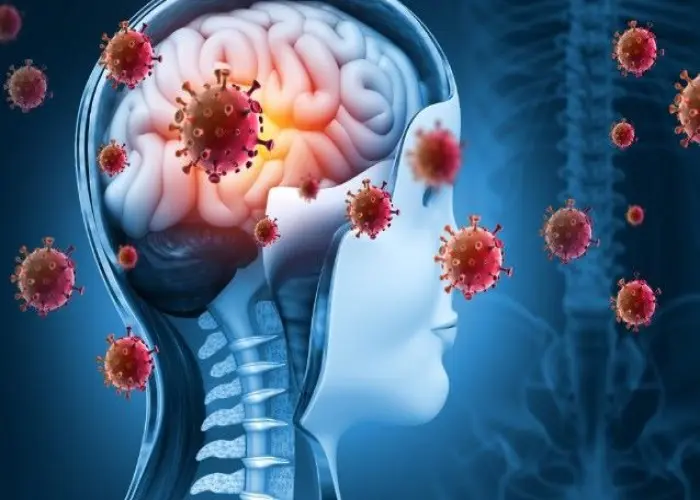
Encephalitis is an inflammation of the brain that can be caused by a viral infection, although it can also be caused by bacterial or fungal infections, as well as non-infectious causes such as autoimmune diseases, certain medications, and toxins.
Symptoms of encephalitis can vary but often include fever, headache, confusion, seizures, and problems with movement, coordination, or speech. In severe cases, encephalitis can lead to coma, paralysis, and even death.
Diagnosis of encephalitis typically involves a combination of imaging tests, such as MRI or CT scans, and laboratory tests of blood and cerebrospinal fluid. Treatment usually involves antiviral medications, such as acyclovir or ganciclovir, as well as supportive care to manage symptoms and prevent complications.
In some cases, hospitalization may be necessary to monitor the progression of the disease and provide more intensive care. Recovery from encephalitis can be slow, and some people may experience long-term neurological problems or disability.
Prevention of encephalitis involves taking steps to avoid infection, such as practicing good hygiene, avoiding mosquito bites (which can transmit some types of encephalitis), and getting vaccinated against certain viral infections, such as measles and Japanese encephalitis.
Research Papers
Disease Signs and Symptoms
- Headaches
- Body stiffness
- Nausea or vomiting
- Loss of consciousness (fainting)
- Decreased hearing
- Muscle weakness
- Seizures
- Anxiety, agitation or restlessness
- Confusion (Hallucinations)
- Weakness
- Fatigue (Tiredness)
- Joint pain
- Muscle pain
- Fever
- Irritability
Disease Causes
Encephalitis
The exact cause of encephalitis is often unknown. But when a cause is known, the most common is a viral infection. Bacterial infections and noninfectious inflammatory conditions also can cause encephalitis.
There are two main types of encephalitis:
- Primary encephalitis. This condition occurs when a virus or other agent directly infects the brain. The infection may be concentrated in one area or widespread. A primary infection may be a reactivation of a virus that had been inactive after a previous illness.
- Secondary encephalitis. This condition results from a faulty immune system reaction to an infection elsewhere in the body. Instead of attacking only the cells causing the infection, the immune system also mistakenly attacks healthy cells in the brain. Also known as post-infection encephalitis, secondary encephalitis often occurs two to three weeks after the initial infection.
Common viral causes
The viruses that can cause encephalitis include:
- Herpes simplex virus (HSV). Both HSV type 1 — associated with cold sores and fever blisters around your mouth — and HSV type 2 — associated with genital herpes — can cause encephalitis. Encephalitis caused by HSV type 1 is rare but can result in significant brain damage or death.
- Other herpes viruses. These include the Epstein-Barr virus, which commonly causes infectious mononucleosis, and the varicella-zoster virus, which commonly causes chickenpox and shingles.
- Enteroviruses. These viruses include the poliovirus and the coxsackievirus, which usually cause an illness with flu-like symptoms, eye inflammation and abdominal pain.
- Mosquito-borne viruses. These viruses can cause infections such as West Nile, La Crosse, St. Louis, western equine and eastern equine encephalitis. Symptoms of an infection might appear within a few days to a couple of weeks after exposure to a mosquito-borne virus.
- Tick-borne viruses. The Powassan virus is carried by ticks and causes encephalitis in the Midwestern United States. Symptoms usually appear about a week after a bite from an infected tick.
- Rabies virus. Infection with the rabies virus, which is usually transmitted by a bite from an infected animal, causes a rapid progression to encephalitis once symptoms begin. Rabies is a rare cause of encephalitis in the United States.
- Childhood infections. Common childhood infections — such as measles (rubeola), mumps and German measles (rubella) — used to be fairly common causes of secondary encephalitis. These causes are now rare in the United States due to the availability of vaccinations for these diseases.
Disease Prevents
Encephalitis
The best way to prevent viral encephalitis is to take precautions to avoid exposure to viruses that can cause the disease. Try to:
- Practice good hygiene. Wash hands frequently and thoroughly with soap and water, particularly after using the toilet and before and after meals.
- Don't share utensils. Don't share tableware and beverages.
- Teach your children good habits. Make sure they practice good hygiene and avoid sharing utensils at home and school.
- Get vaccinations. Keep your own and your children's vaccinations current. Before traveling, talk to your doctor about recommended vaccinations for different destinations.
Protection against mosquitoes and ticks
To minimize your exposure to mosquitoes and ticks:
- Dress to protect yourself. Wear long-sleeved shirts and long pants if you're outside between dusk and dawn when mosquitoes are most active, and when you're in a wooded area with tall grasses and shrubs where ticks are more common.
- Apply mosquito repellent. Chemicals such as DEET can be applied to both the skin and clothes. To apply repellent to your face, spray it on your hands and then wipe it on your face. If you're using both sunscreen and a repellent, apply sunscreen first.
- Use insecticide. The Environmental Protection Agency recommends the use of products containing permethrin, which repels and kills ticks and mosquitoes. These products can be sprayed on clothing, tents and other outdoor gear. Permethrin shouldn't be applied to the skin.
- Avoid mosquitoes. Refrain from unnecessary activity in places where mosquitoes are most common. If possible, avoid being outdoors from dusk till dawn, when mosquitoes are most active. Repair broken windows and screens.
- Get rid of water sources outside your home. Eliminate standing water in your yard, where mosquitoes can lay their eggs. Common problems include flowerpots or other gardening containers, flat roofs, old tires and clogged gutters.
- Look for outdoor signs of viral disease. If you notice sick or dying birds or animals, report your observations to your local health department.
Protection for young children
Insect repellents aren't recommended for use on infants younger than 2 months of age. Instead, cover an infant carrier or stroller with mosquito netting.
For older infants and children, repellents with 10% to 30% DEET are considered safe. Products containing both DEET and sunscreen aren't recommended for children because reapplication — which might be necessary for the sunscreen component — will expose the child to too much DEET.
Tips for using mosquito repellent with children include:
- Always assist children with the use of mosquito repellent.
- Spray on clothing and exposed skin.
- Apply the repellent when outdoors to lessen the risk of inhaling the repellent.
- Spray repellent on your hands and then apply it to your child's face. Take care around the eyes and ears.
- Don't use repellent on the hands of young children who may put their hands in their mouths.
- Wash treated skin with soap and water when you come indoors.
Disease Treatments
Treatment for mild encephalitis usually consists of:
- Bed rest
- Plenty of fluids
- Anti-inflammatory drugs — such as acetaminophen (Tylenol, others), ibuprofen (Advil, Motrin IB, others) and naproxen sodium (Aleve) — to relieve headaches and fevers
Antiviral drugs
Encephalitis caused by certain viruses usually requires antiviral treatment.
Antiviral medications commonly used to treat encephalitis include:
- Acyclovir (Zovirax)
- Ganciclovir (Cytovene)
- Foscarnet (Foscavir)
Some viruses, such as insect-borne viruses, don't respond to these treatments. But because the specific virus may not be identified immediately or at all, doctors often recommend immediate treatment with acyclovir. Acyclovir can be effective against HSV, which can result in significant complications when not treated promptly.
Antiviral medications are generally well tolerated. Rarely, side effects can include kidney damage.
Supportive care
People who are hospitalized with severe encephalitis might need:
- Breathing assistance, as well as careful monitoring of breathing and heart function
- Intravenous fluids to ensure proper hydration and levels of essential minerals
- Anti-inflammatory drugs, such as corticosteroids, to reduce swelling and pressure within the skull
- Anticonvulsant medications, such as phenytoin (Dilantin), to stop or prevent seizures
Follow-up therapy
If you experience complications of encephalitis, you might need additional therapy, such as:
- Physical therapy to improve strength, flexibility, balance, motor coordination and mobility
- Occupational therapy to develop everyday skills and to use adaptive products that help with everyday activities
- Speech therapy to relearn muscle control and coordination to produce speech
- Psychotherapy to learn coping strategies and new behavioral skills to improve mood disorders or address personality changes
Disease Diagnoses
Disease Allopathic Generics
Disease Ayurvedic Generics
Disease Homeopathic Generics
Disease yoga
Encephalitis and Learn More about Diseases

Gas and gas pains
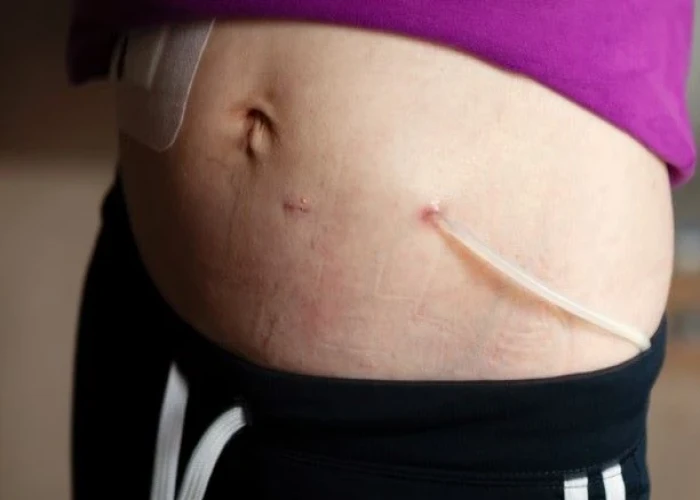
Peritonitis

Suspicious breast lumps
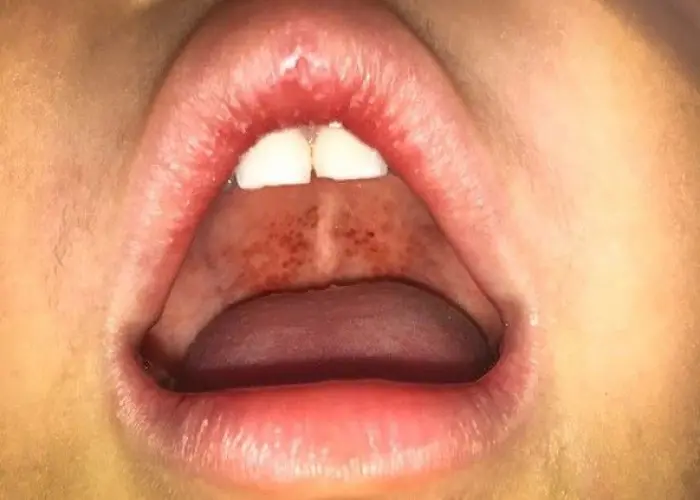
Diphtheria
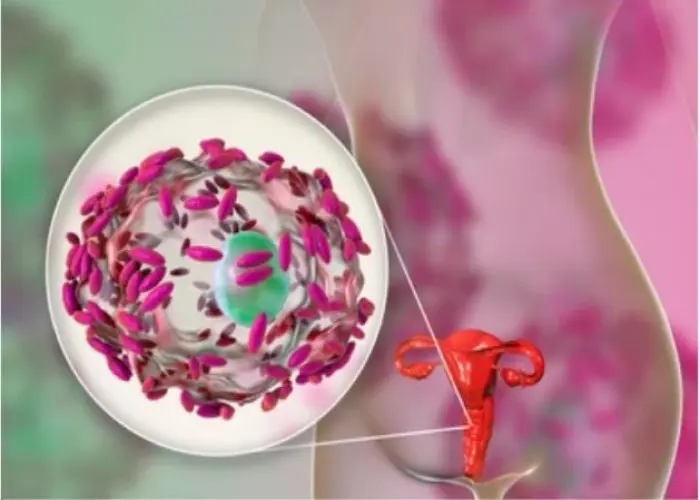
Bacterial vaginosis
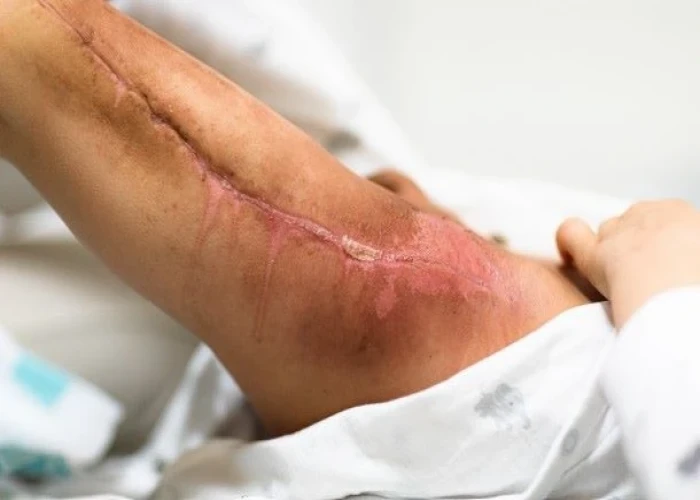
Rhabdomyosarcoma

Chest pain
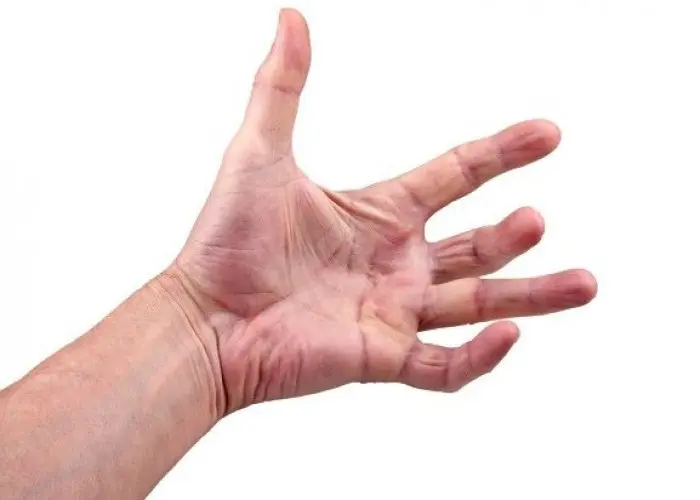
Dupuytren's contracture
encephalitis, এনসেফালাইটিস
To be happy, beautiful, healthy, wealthy, hale and long-lived stay with DM3S.
